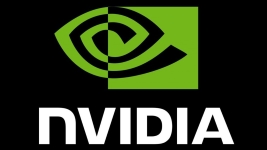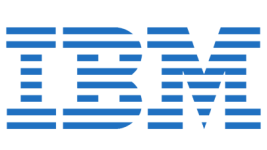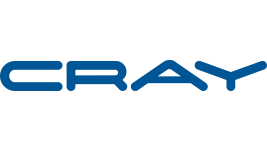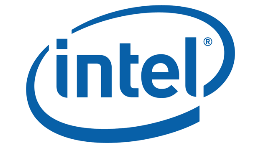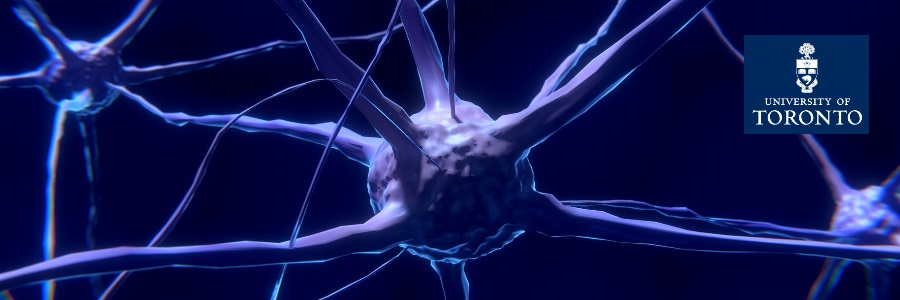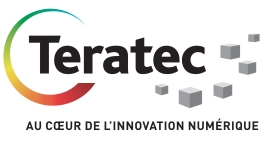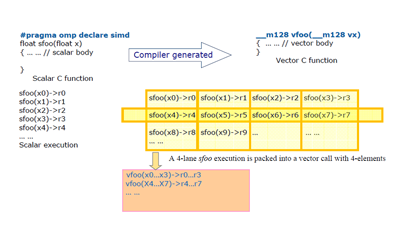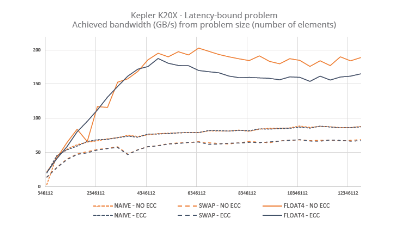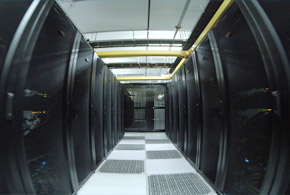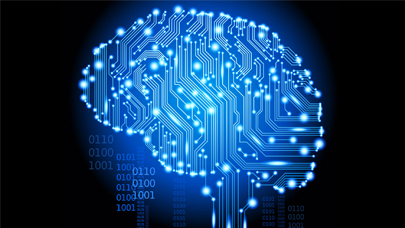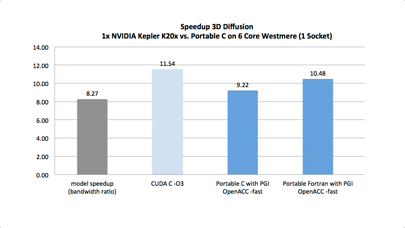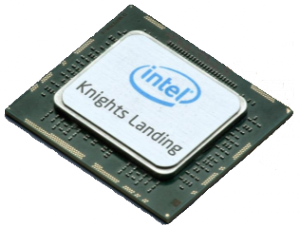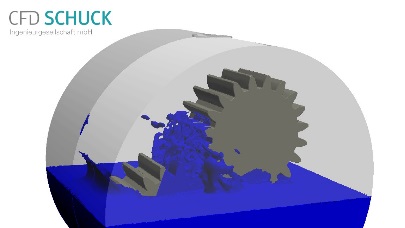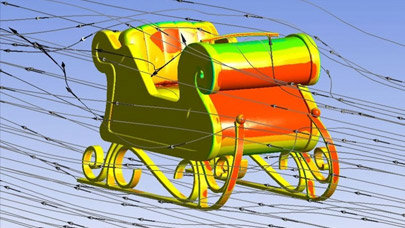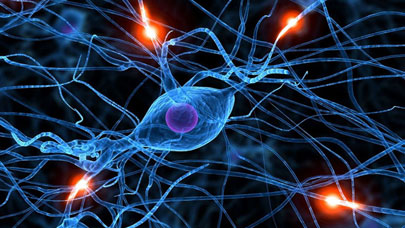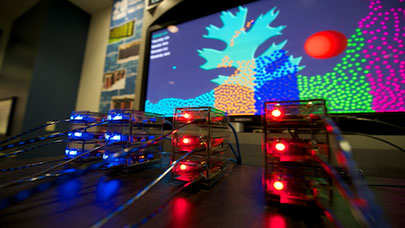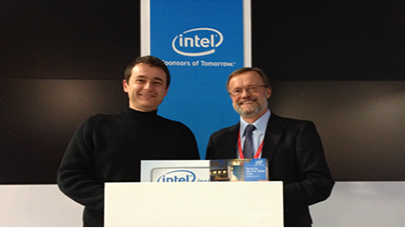If you want to break into AI, this Specialization will help you do so. Deep Learning is one of the most highly sought after skills in tech. We will help you become good at Deep Learning.
In five courses, you will learn the foundations of Deep Learning, understand how to build neural networks, and learn how to lead successful machine learning projects. You will learn about Convolutional networks, RNNs, LSTM, Adam, Dropout, BatchNorm, Xavier/He initialization, and more. You will work on case studies from healthcare, autonomous driving, sign language reading, music generation, and natural language processing. You will master not only the theory, but also see how it is applied in industry. You will practice all these ideas in Python and in TensorFlow, which we will teach.
You will also hear from many top leaders in Deep Learning, who will share with you their personal stories and give you career advice.
AI is transforming multiple industries. After finishing this specialization, you will likely find creative ways to apply it to your work.
We will help you master Deep Learning, understand how to apply it, and build a career in AI.
This specialization is created by :
deeplearning.ai is dedicated to advancing AI by sharing knowledge about the field. We hope to welcome more individuals into deep learning and AI. deeplearning.ai is Andrew Ng’s new venture which amongst others, strives for providing comprehensive AI education beyond borders.
About the specialization:
Course 1: Neural Networks and Deep Learning
Session start: Jan 1
Engagement: 4 weeks of study, 3-6 hours a week
Sub-titles: English, Chinese (Traditional), Chinese (Simplified)
About this session:
If you want to break into cutting-edge AI, this course will help you do so. Deep learning engineers are highly sought after, and mastering deep learning will give you numerous new career opportunities. Deep learning is also a new “superpower” that will let you build AI systems that just weren’t possible a few years ago.
In this course, you will learn the foundations of deep learning. When you finish this class, you will:
– Understand the major technology trends driving Deep Learning
– Be able to build, train and apply fully connected deep neural networks
– Know how to implement efficient (vectorized) neural networks
– Understand the key parameters in a neural network’s architecture
This course also teaches you how Deep Learning actually works, rather than presenting only a cursory or surface-level description. So after completing it, you will be able to apply deep learning to a your own applications. If you are looking for a job in AI, after this course you will also be able to answer basic interview questions.
This is the first course of the Deep Learning Specialization.
Course 2: Improving Deep Neural Networks: Hyperparameter tuning, Regularization and Optimization
Session start: Jan 15
Engagement: 3 weeks of study, 3-6 hours a week
Sub-titles: English, Chinese (Traditional), Chinese (Simplified)
About this session:
This course will teach you the “magic” of getting deep learning to work well. Rather than the deep learning process being a black box, you will understand what drives performance, and be able to more systematically get good results. You will also learn TensorFlow.
After 3 weeks, you will:
– Understand industry best-practices for building deep learning applications.
– Be able to effectively use the common neural network “tricks”, including initialization, L2 and dropout regularization, Batch normalization, gradient checking,
– Be able to implement and apply a variety of optimization algorithms, such as mini-batch gradient descent, Momentum, RMSprop and Adam, and check for their convergence.
– Understand new best-practices for the deep learning era of how to set up train/dev/test sets and analyze bias/variance
– Be able to implement a neural network in TensorFlow.
This is the second course of the Deep Learning Specialization.
Course 3: Structuring Machine Learning Projects
Session start: Jan 15
Engagement: 3 weeks of study, 3-4 hours/week
Sub-titles : English
About this course:
You will learn how to build a successful machine learning project. If you aspire to be a technical leader in AI, and know how to set direction for your team’s work, this course will show you how.
Much of this content has never been taught elsewhere, and is drawn from my experience building and shipping many deep learning products. This course also has two “flight simulators” that let you practice decision-making as a machine learning project leader. This provides “industry experience” that you might otherwise get only after years of ML work experience.
After 2 weeks, you will:
– Understand how to diagnose errors in a machine learning system, and
– Be able to prioritize the most promising directions for reducing error
– Understand complex ML settings, such as mismatched training/test sets, and comparing to and/or surpassing human-level performance
– Know how to apply end-to-end learning, transfer learning, and multi-task learning
I’ve seen teams waste months or years through not understanding the principles taught in this course. I hope this two week course will save you months of time.
This is a standalone course, and you can take this so long as you have basic machine learning knowledge. This is the third course in the Deep Learning Specialization.
Course 4: Convolutional Neural Networks
Session start: Jan 15
Engagement: 4 weeks of study, 4-5 hours/week
Sub-titles : English
This course will teach you how to build convolutional neural networks and apply it to image data. Thanks to deep learning, computer vision is working far better than just two years ago, and this is enabling numerous exciting applications ranging from safe autonomous driving, to accurate face recognition, to automatic reading of radiology images.
You will:
– Understand how to build a convolutional neural network, including recent variations such as residual networks.
– Know how to apply convolutional networks to visual detection and recognition tasks.
– Know to use neural style transfer to generate art.
– Be able to apply these algorithms to a variety of image, video, and other 2D or 3D data.
This is the fourth course of the Deep Learning Specialization.
Course 5: Sequence Models
Session start: Jan 2018
Sub-titles : English
About this course:
This course will teach you how to build models for natural language, audio, and other sequence data. Thanks to deep learning, sequence algorithms are working far better than just two years ago, and this is enabling numerous exciting applications in speech recognition, music synthesis, chatbots, machine translation, natural language understanding, and many others.
You will:
– Understand how to build and train Recurrent Neural Networks (RNNs), and commonly-used variants such as GRUs and LSTMs.
– Be able to apply sequence models to natural language problems, including text synthesis.
– Be able to apply sequence models to audio applications, including speech recognition and music synthesis.
This is the fifth and final course of the Deep Learning Specialization.
© HPC Today 2024 - All rights reserved.
Thank you for reading HPC Today.

